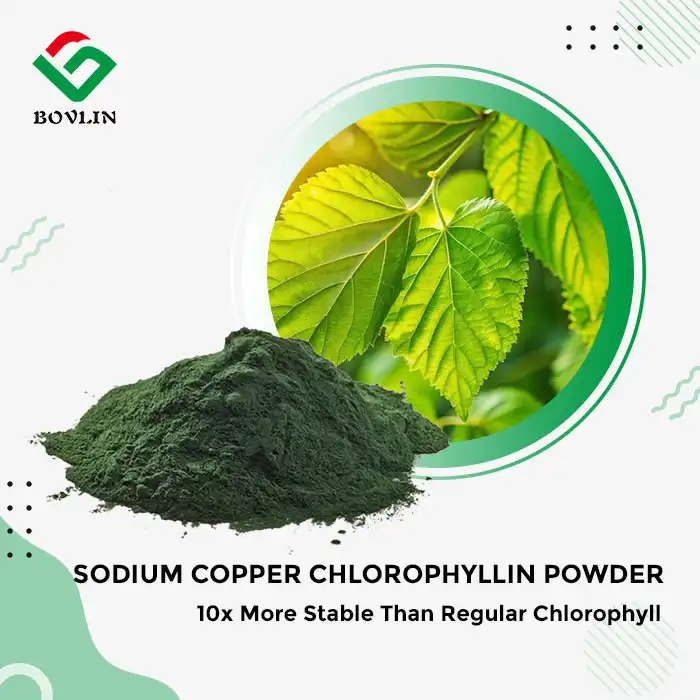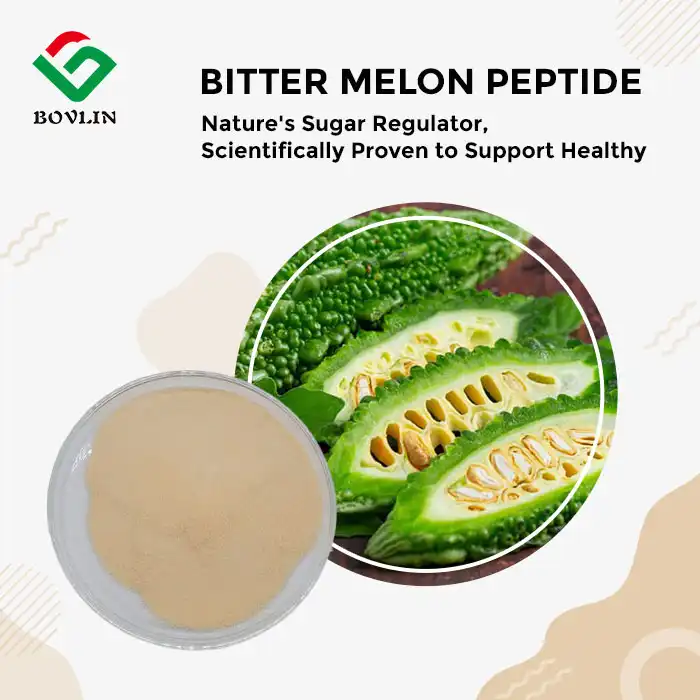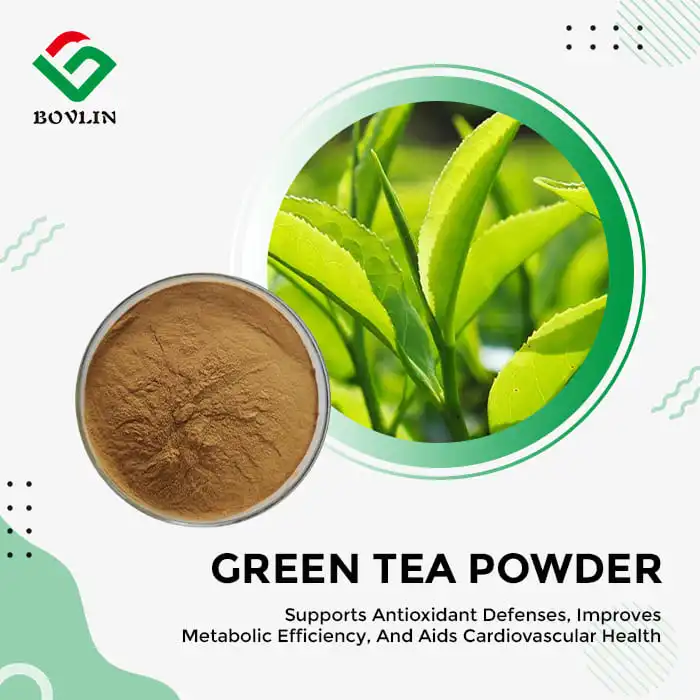What Makes Soybean Peptides Effective for Muscle Growth?
Amino Acid Profile and Protein Quality
Soybean peptides boast an impressive amino acid profile, containing all nine essential amino acids required for muscle protein synthesis. This complete protein source rivals animal-based options in terms of quality and digestibility. The balanced amino acid composition of soybean peptides makes them particularly effective for supporting muscle growth and repair.
Bioactive Compounds and Their Effects
Beyond their amino acid content, soybean peptides contain various bioactive compounds that contribute to their muscle-building potential. These include isoflavones, saponins, and specific peptide sequences that have been shown to exhibit anabolic properties. Some of these compounds may help stimulate muscle protein synthesis, reduce muscle breakdown, and enhance overall muscle metabolism.
Rapid Absorption and Utilization
One of the key advantages of soybean peptide powder, also known as soy oligopeptides, is its rapid absorption rate. The enzymatic hydrolysis process used to create these peptides results in smaller protein fragments that can be quickly absorbed by the body. This rapid uptake ensures that the amino acids and bioactive compounds reach the muscles efficiently, potentially leading to improved muscle growth and recovery outcomes.

Enhancing Protein Absorption and Muscle Recovery
Digestibility and Bioavailability
Soybean peptides offer excellent digestibility and bioavailability, making them an efficient source of protein for muscle recovery. The smaller peptide chains are easier for the digestive system to break down and absorb compared to intact proteins. This enhanced absorption can lead to a more rapid and sustained amino acid delivery to muscle tissues, supporting the repair and growth processes.
Anti-Inflammatory Properties
Research has suggested that certain soybean peptides possess anti-inflammatory properties. This characteristic can be particularly beneficial for muscle recovery, as it may help reduce exercise-induced inflammation and muscle soreness. By mitigating the inflammatory response, soybean peptides may contribute to faster recovery times and improved overall muscle health.
Antioxidant Effects
Soybean peptides have demonstrated antioxidant capabilities, which can play a crucial role in muscle recovery. Intense exercise generates oxidative stress, potentially leading to muscle damage and impaired recovery. The antioxidant properties of soybean peptides may help neutralize free radicals and protect muscle cells from oxidative damage, supporting more efficient recovery and adaptation.
Plant-Based Peptides in Sports and Fitness Nutrition
Sustainable Protein Source
As the demand for sustainable nutrition options grows, soybean peptides offer an environmentally friendly alternative to animal-based proteins. Soy protein production generally has a lower environmental impact compared to animal protein sources, making soybean peptide powder an attractive option for eco-conscious athletes and fitness enthusiasts. This plant-based protein source aligns with the increasing trend towards more sustainable and ethical dietary choices in the sports nutrition industry.
Versatility in Formulations
Soybean peptide powder demonstrates excellent versatility in various sports nutrition formulations. Its neutral taste and good solubility make it suitable for incorporation into protein shakes, bars, and other functional foods. Manufacturers can leverage these properties to create innovative products that cater to different preferences and dietary requirements, expanding the range of plant-based options available to athletes and fitness enthusiasts.
Synergistic Effects with Other Nutrients
Soybean peptides can be effectively combined with other nutrients to create comprehensive sports nutrition formulations. For example, blending soy peptide powder with other plant-based proteins like pea or rice protein can yield a more complete amino acid profile. Additionally, combining soybean peptides with ingredients like creatine, beta-alanine, or branched-chain amino acids (BCAAs) may offer synergistic benefits for muscle growth, performance, and recovery.

Conclusion
Soybean peptides represent a promising avenue for muscle growth and recovery in the realm of sports nutrition. Their unique combination of essential amino acids, bioactive compounds, and functional properties make them an effective tool for supporting lean muscle development. As research continues to unveil the potential benefits of soybean peptides, their role in sports and fitness nutrition is likely to expand, offering manufacturers new opportunities to innovate and meet the evolving demands of health-conscious consumers seeking plant-based alternatives for muscle building and recovery.
Contact Us
For more information about our soybean peptide powder and how it can enhance your sports nutrition products, please contact us at sales1@bovlin.com. Our team of experts is ready to assist you in developing cutting-edge formulations that harness the power of plant-based peptides for optimal muscle growth and recovery.











